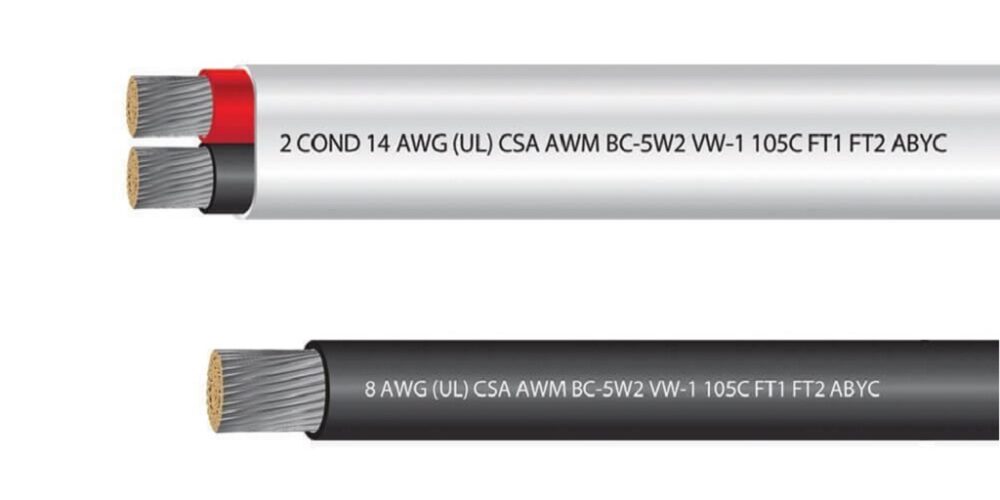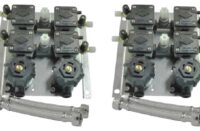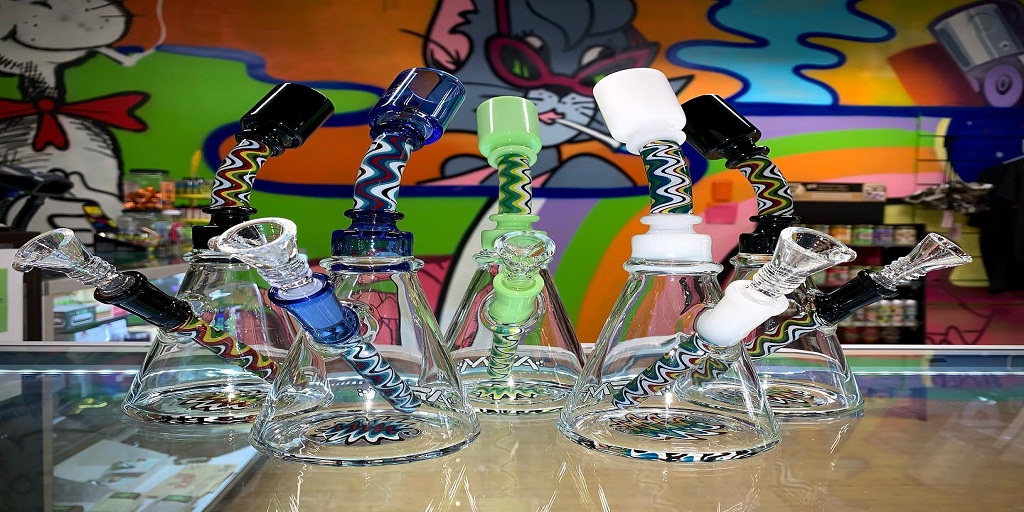Marine battery cable is instrumental to “keeping the lights on” in marine environments, notably on vessels and in other scenarios where wiring might be exposed to maritime environments. It’s not only vital to vessel lighting, but also to the life of the engines, to navigation systems that make safe travel possible, and to communications and instrumentation systems.
Marine grade battery cable is not the product of happenstance. It is the product of careful engineering that helps to ensure that the electrical infrastructure of a system is able to withstand the rigors of life at sea. The ocean is a powerful body, and one that presents a variety of unique challenges to electrical wiring.
Notably, salt water environments wreak havoc on exposed copper wiring because the chemicals in salt water accelerate corrosion. Copper is a highly reactive metal as it is, but in saltwater environments it doesn’t stand a chance.
Marine battery cable is made of copper stranded conductors, but they are specially treated to resist corrosion, or at least to be better equipped to resist corrosion. Bare copper would stand little chance against salt water, but the conductors of marine grade wiring are all individually tin plated.
Some might mistake this for aluminum or even silver wiring, which is an excellent conductor, but silver itself is, also like copper, highly reactive. The tinned copper strands are better able to withstand the influence of salt water and humidity present in maritime environments, especially where they are exposed and at connections. This helps high-quality marine wiring last much longer.
Marine battery cables are also made with a high strand count. It is more expensive to produce these conductors, but the effects are well worth the effort. The reason for this is that marine cable must be made as flexible as possible. There are a few reasons for this as well.
The more flexible the cable is, the better it will be able to navigate the tight recesses about boats and ships. There is little room “within the walls” so to speak, and wiring needs to be able to traverse some tight situations in order to deliver.
The other thing to keep in mind is that a boat, even a boat moored in a harbor, is nearly always in motion. This puts stress on electrical wiring and connections, and the more flexible the wiring is, the better it will be able to handle these stresses.
The marine grade wire at EWCS Wire, on their website, EWCSWire.com, is also made with extremely tough insulation, which is protective against a wide range of destructive influences. Their marine wires are insulated with tough jackets that are resistant to oils and gasoline (common aboard vessels) as well as acids and alkalis, and even abrasion.
The insulation of their marine grade cable is also resistant to moisture, which, as you can imagine, is a near constant on vessels and in marine environments. Electrical circuits exposed to moisture can also short, incapacitating them or causing permanent damage, so protection against this is another bonus.
Finally, if you look at the insulation of their marine grade cable, you will see the letters “ABYC” which stands for the American Boat and Yacht Council. You’ll also see the letters “UL,” signifying Underwriter’s Laboratory. Their marine grade cable is approved by both entities.
To learn more about the different options available in marine battery cable or the other specialty cables they sell, visit their website, EWCSWire.com, or get in touch with them directly. They can be reached at [email protected] or by phone at 800-262-1598 for more information.












